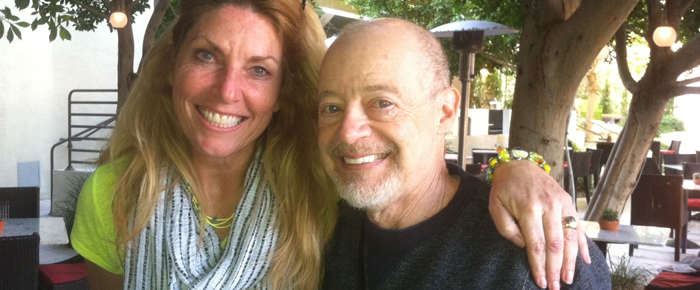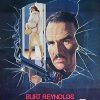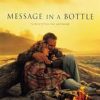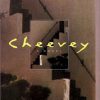
By Heidi Simmons
It’s a wonderful gift to be able to write words that conjure images. In fact, for a screenwriter it is essential magic. Attending the Palm Springs International Film Festival was screenwriter and novelist Gerald DiPego. His new film, Words and Pictures voted among “Best of Fest” will open in May. At the young age of 72, this storytelling wizard is at the peak of his powers.
An original screenplay, Words and Pictures is about a troubled Honors English high school teacher (Clive Owen) who is desperate to inspire his students with an appreciation for language. When a physically challenged Honors Art teacher (Juliette Binoche) joins the faculty, a rivalry ensues which stimulates the entire school into a debate about the power of words verses the power of images.
“I wanted to push myself to elevate the English language like I never have before,” said DiPego. “The characters are two highly educated people that could really handle the language as far as I could push it. The romance that develops between them harkens back to the movies of the 30s and 40s when language was important.”
DiPego also wanted to write a movie about love in the challenging atmosphere of characters who are fighting their own personal demons. Owen character has a drinking problem and Binoche’s has severe Rheumatoid Arthritis. They struggle with their craft. DiPego wanted to know if love could still triumph. “Love has to be earned in this movie,” he said.
“I’ve taught high school English. I know about the society of the teacher’s lounge and about trying to impress high school kids,” said DiPego. “Using my own past and experience, I put it all together and that’s where the story came from.”
For DiPego, Words and Pictures was his opportunity to not only honor some of his favorite authors, but also quote some of his favorite lines from those authors. DiPego’s characters read and discuss John Updike, Ian McEwan, Jeanette Winterson and James Agee among others in scintillating repartee.
Over his long career, DiPego has had five novels published and at least 35 produced screenplays. Some of his original screenplays include Phenomenon with John Travolta, The Forgotten with Julianne Moore and Instinct with Anthony Hopkins. Adapted screenplays include Sharky’s Machine from William Diehl’s bestseller and Nicholas Spark’s popular Message in a Bottle. He adapted his own book Keepers of the City, a detective novel, which was made for Showtime starring Lou Gossett, Anthony Lapaglia and Peter Coyote
Of his novels, he says Cheevey, is his best. “It’s a significant book to me. The other books that came before it were very dependent on plot, and ticking clocks. Cheevey is a coming of age story. It’s much more character-driven.”
Of his feature films, DiPego says he has only had two experiences where there were no changes made to his script. At the beginning of production on Phenomenon, the studio got nervous and wanted to change the script. “It was John Travolta who said he would leave the project if there were any changes made. Studios forget all the things they loved about the material. It’s a terrible and fragile time for a script,” said DiPego. “Travolta said the character in Phenomenon was the closest to playing himself.”
Words and Pictures is the other script that made it to the screen unchanged. When producer Curtis Burch approached DiPego about making the film, he promised him he would not tamper with the material and DiPego could participate in the production and approve the director. Fred Schepisi (Roxanne, Six Degrees of Separation, A Cry in the Dark) directed Words and Pictures. “It was so valuable to me,” said DiPego. “All my other movies were studio movies. In the indie world, you can do this. Curtis, Jerry and Fred — it was just three guys making this movie! Nobody above us. It was a wonderful feeling.”
When DiPego was nine, he remembers reading a young adult science fiction series. “I just caught fire,” said DiPego. “I thought to myself, This is magical!” Growing up in the late 40s and 50s, he watched old movies on television. “I got the benefit of seeing all these classic films. Story telling captured me and it was all magical.”
“It think film is the closest art form to the human dream state,” said DiPego. “There is a great power in film because it seems like a dream is occurring right in front of us.”
By the time DiPego was 12, he began to wonder if he could make the magic. “I was such a fan of the magic, I wanted to see if I could possibly make it myself.” From then on he knew what he wanted to be. Today, Gerald DiPego is one of our finest storytellers who lets us in on the magic.















































